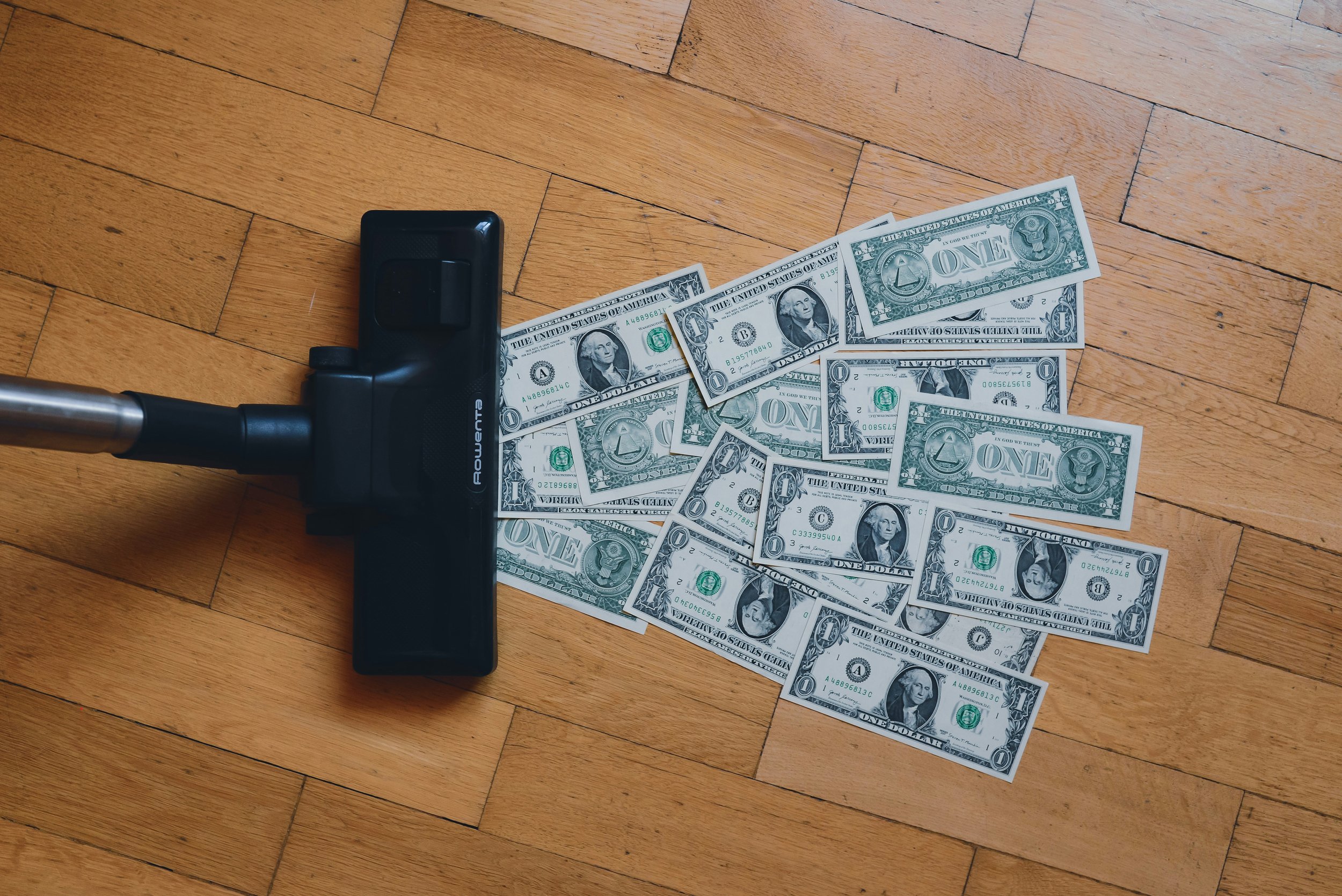
ADHD is a complex, biological condition most often diagnosed during childhood. Children with ADHD struggle with inattention, hyperactivity, and/or impulsivity.
Since the late 1990s, there has been a steady increase in the number of children diagnosed with ADHD
It's estimated that about 6 million U.S. children aged 3 to 17 years have been diagnosed with ADHD
3.5 million of these children take medication for treatment
The Costs of ADHD
The economic impact of childhood ADHD on society ranges between $38 billion to $72 billion annually, including costs for healthcare expenses, educational support, juvenile justice involvement, and lost productivity within families. ADHD can significantly disrupt a child's educational progress and social interactions, leading to higher instances of grade repetition, school dropout rates, and visits to emergency departments. Additionally, children with ADHD are more likely to experience co-occurring disorders such as depression and anxiety, further complicating their challenges.
ADHD Treatment in Young Children
From 2008 to 2014, approximately three-quarters of young children (ages 2-5) receiving clinical care for ADHD were prescribed medication, while only half received any form of psychological treatment, potentially including behavior therapy guided by parents.
Young children tend to be more vulnerable to the side effects of medications compared to older children, and the long-term impacts of such medications on young children remain unclear.
Research indicates that behavior therapy, particularly when parents are trained in these techniques, can be as effective as medication in treating ADHD in young children, without the risk of side effects.
*For more information regarding THC and its effect on the brain, see below:
https://engageandheal.org/what-does-marijuana-do-to-the-brain/
THC & ADHD: What to Know
At Bridge of Strength, we believe in empowering teens and families with knowledge to make informed decisions — especially when it comes to brain health.
THC, the main psychoactive chemical in marijuana, interacts with the brain’s natural system that regulates things like mood, memory, and decision-making. While THC may produce short-term feelings of relaxation or focus for some, research shows it can also interfere with the brain's long-term development — particularly in adolescents. For teens with ADHD, this impact can be more complicated.
Make a Donation
At Bridge Of Strength, we are dedicated to supporting youth facing mental health challenges and breaking down the barriers of stigma. Your contributions are crucial in making this vision a reality. By donating, you empower us to transform the lives of these young individuals, guiding them towards career-focused mindsets, healthy coping mechanisms, and a supportive community network. Help us make a difference—every donation counts.








